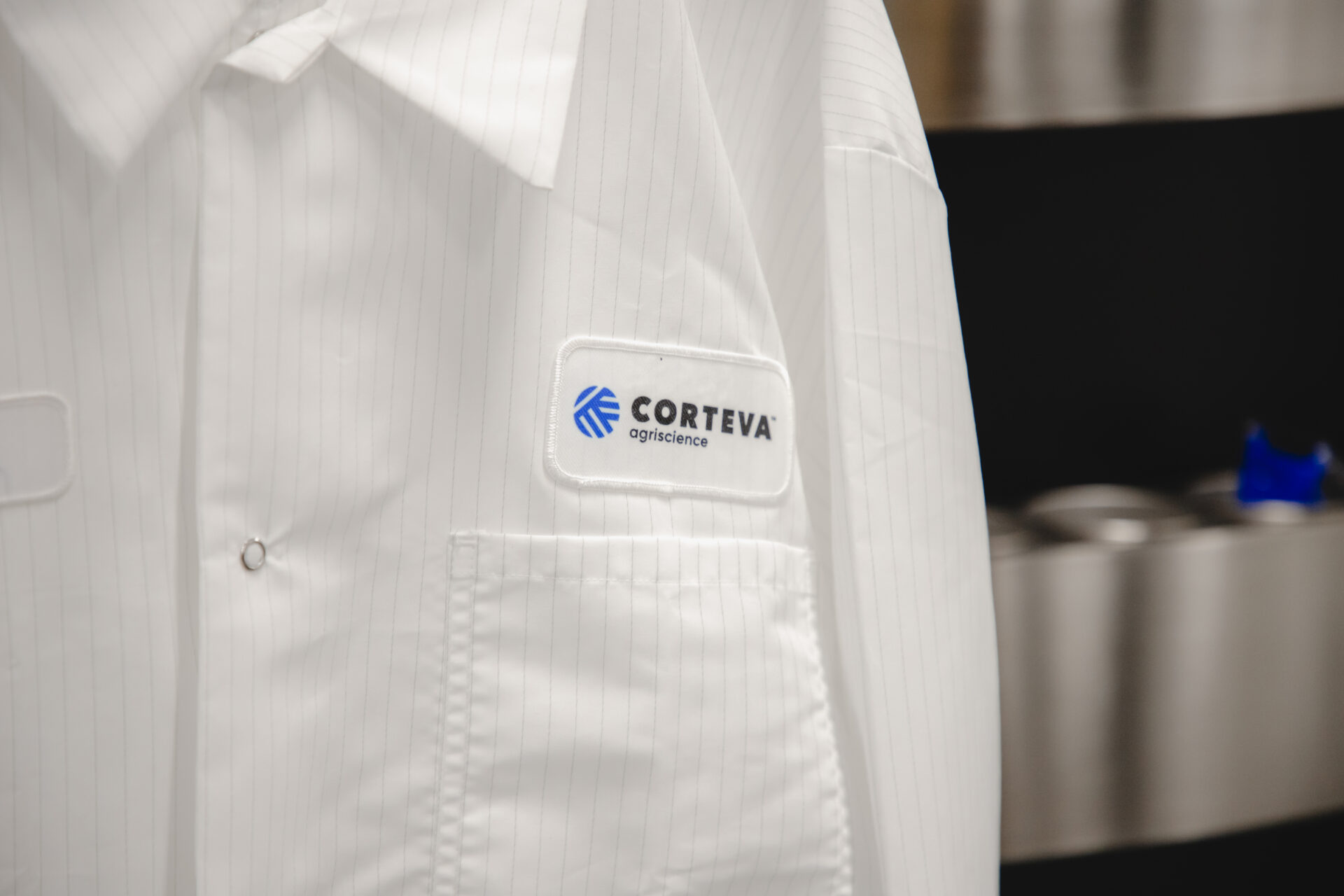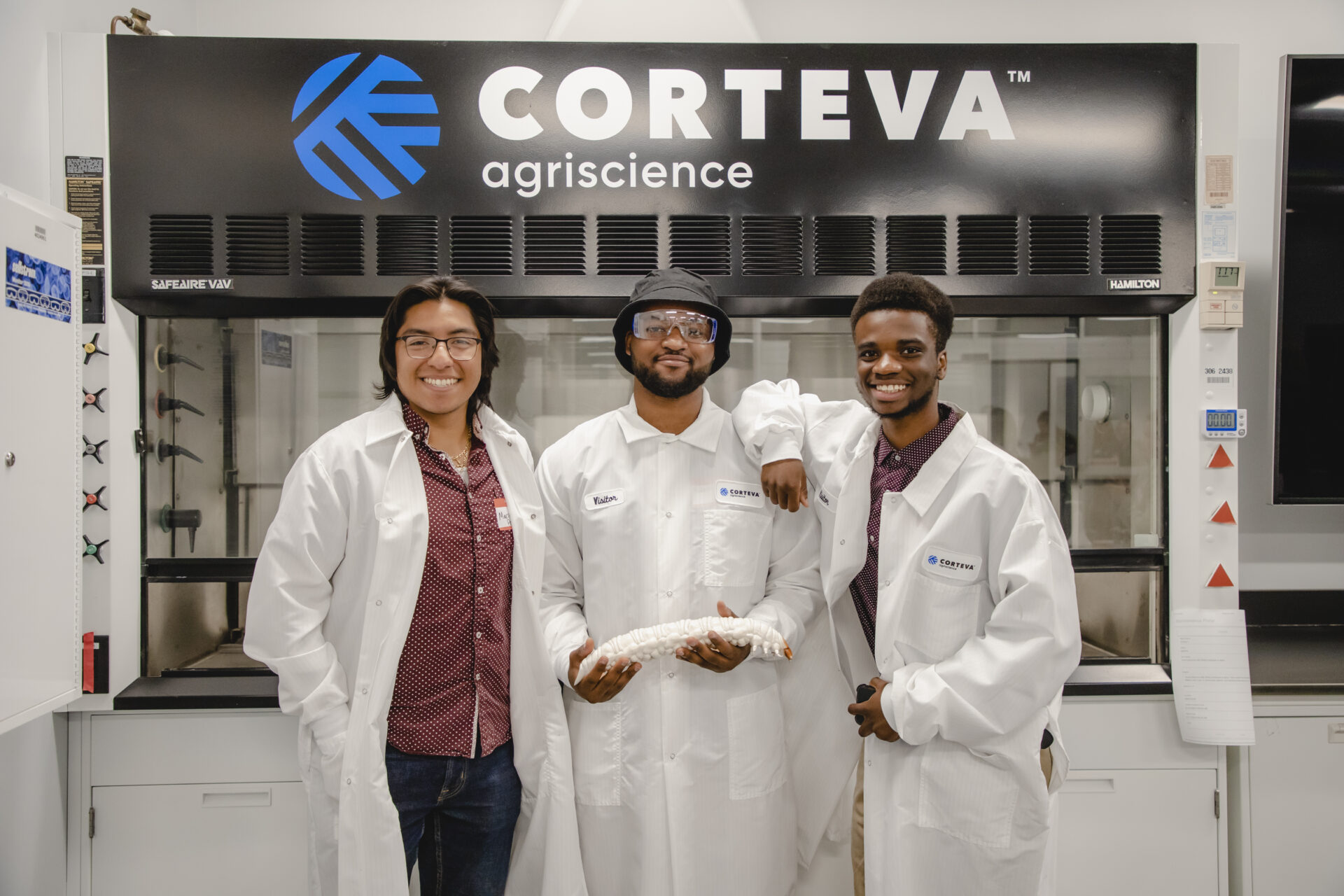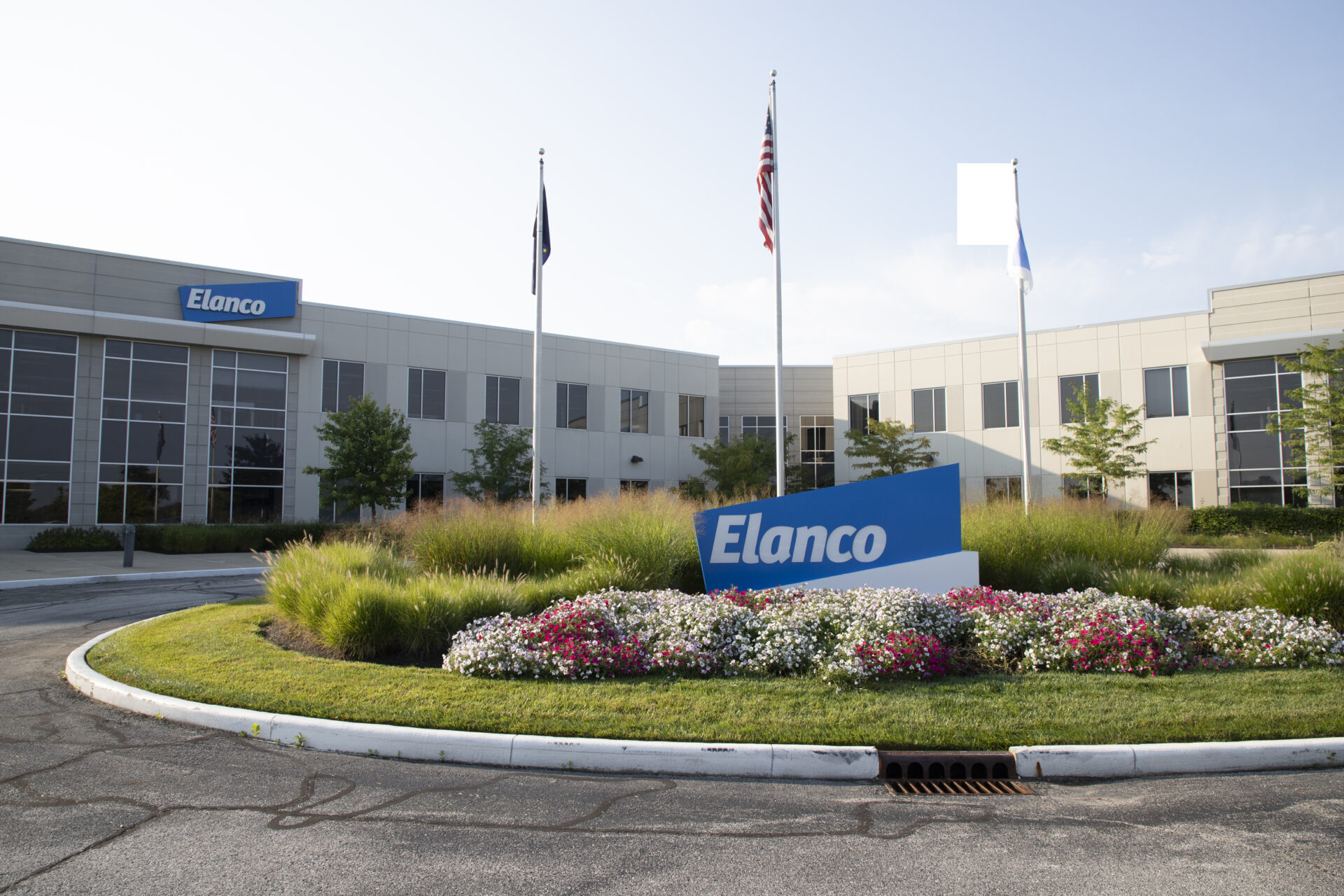This past October, the U.S. Department of Commerce Economic Development Administration chose Indiana as one of 31 designated tech hubs across the country. Branded Heartland Bioworks, the designation could translate to millions in funding to advance biotech innovation across agriculture, animal health and human health in the Hoosier state.
“There’s an intersection that is undeniable between plant science, animal health and human health,” says Mitch Frazier, CEO of AgriNovus Indiana, an initiative growing agbioscience innovation in Indiana.
In a recent conversation with AgFunderNews, he noted: “Indiana is home to the largest pure-play ag company in the world with Corteva; the second-largest independent animal health company with Elanco, and the most valuable human pharma company in Eli Lilly.”
On top of all that, Indiana holds 23 million acres of farmland within its borders and is less than a day’s drive to most of Middle America, where the bulk of commodity farming happens. Indiana University, home to the largest medical school in the country, and ag education heavyweight Purdue University also call Indiana home.
“Imagine biotech innovation in plant science that produces improved animal feed that increases animal protein production and reduces environmental impact,” says Frazier. “Now imagine that improved animal protein delivering even greater human health attributes through the power of biological innovation to ultimately improve human health and nutrition.”
“Biological innovation at the intersection of plants, animals and people is essential to the future of the food system and health. There’s no other metro in the world that has the collective strength of innovation assets across plant science, animal health and human health that is present in Indianapolis.”

More than a century in the making
Indiana’s strength in innovation across human health, plant science and animal health stretches back more than a century.
In 1876, Colonel Eli Lilly founded Eli Lilly, Chemist in Indianapolis. The business would eventually become Eli Lilly and Company, one of the world’s largest pharmaceutical companies.
Lilly formed Elanco in 1950, releasing the company’s first antibiotic for veterinary use three years later. Elanco eventually separated from Lilly and debuted on the New York Stock Exchange in 2018. Since then, the company has broken ground just west of downtown Indianapolis where they are building what Elanco CEO Jeff Simmons calls the global epicenter for animal health innovation.
“With a designation and accompanying resources, we can rethink what collaboration between industry partners and universities looks like, delivering life-changing innovations faster and more efficiently,” Simons tells AgFunderNews.
“Because of the rich history of our industry and world-class universities, we have an opportunity to emerge as the preeminent leader in bio-life sciences innovation and manufacturing. What the designation will allow us to focus on is building a durable future for our economy centered around innovation and making the lives of people and animals around the world better.”
In 1989, Eli Lilly and agrochemical giant Dow formed DowElanco, through which they began to produce agricultural products. Dow acquired 100% ownership of DowElanco in 1997 and renamed the company Dow AgroSciences. Following a merger with DuPont in 2011, the company became agricultural juggernaut DowDuPont, which emerged as a standalone publicly-traded company in 2019. Corteva established its existing Indianapolis location as its global headquarters in 2022.
“The state of Indiana could be a global hub for human health, for plant health and for animal health,” Corteva Agriscience CEO Chuck Magro said during a fireside chat at a recent Economic Club of Indiana luncheon.
“We have major players in the state of all three and the actual science, the skills, the infrastructure, everything that we all need, is very similar. Once you understand how the genetics work, it doesn’t matter if you’re looking at plants, animals or humans. The opportunity would be the same and I think there’s just a huge amount of leverage we can put in when we work together.”
“Go back to Lilly and you begin to see this isn’t something that just emerged,” says Frazier. “This is something that is now possible because we have three independent publicly held companies with their global headquarters located mere miles from one another in Indianapolis.”

A thriving startup scene
The collective presence of Lilly, Corteva and Elanco are creating a foundation of talent and know-how to create an ecosystem of startups to advance innovation across animal and human health as well as agriculture.
Five of the top six venture capital investments in Indiana in 2022 were made into agbioscience and life sciences companies, according to the Indianapolis Business Journal. One of those was a $40 million investment in BiomEdit, a startup developer of microbiome-derived solutions for animal health. Led by former Elanco R&D chief Aaron Schacht, the company recently netted a $4.5M grant from the Bill and Melinda Gates Foundation to advance the company’s science to reduce methane emissions for beef and dairy cattle and enhance feed efficiency.
Schacht is one of many who have built careers in one of the region’s life sciences and agbioscience giants and are now leading startups in the space.
Andy Eibling spent more than a decade at Lilly before heading to his current role as CEO of GeniPhys, which is developing Collymer technology for collagen materials that can improve tissue regeneration in swine.
Simran Trana, current head of IP and licensing at flavor restoration company True Essence Foods, spent several years at Dow Agro/Corteva as well as Purdue and Indiana Universities.
Liane Hart spent nine years at Elanco before founding Verility, which is developing fertility analysis products for livestock producers.
There are countless other startups in the region advancing biological innovation – from Liberation Labs, which just secured funds to build a precision fermentation facility in the state, to Insignum AgTech, a biotech startup using gene editing to help plants “talk” to farmers when they’re in distress.

Toward the next decade
Frazier says the region will need to continue to create collisions between human health, plant science and animal health.
“The division between plant science, animal science and human health is blurrier by the day,” says Andrew Kossack, executive vice president, partnerships and general counsel at Applied Research Institute, the lead applicant for the U.S. Department of Commerce Tech Hub designation.
“The designation of a biotech hub from the Department of Commerce brought together people from across all of these disciplines. Now we have to continue to work together to create the economy of the future and for the benefit of Indiana.”
That benefit, he adds, could stretch beyond the state’s borders.
“I would argue the innovations that are possible could have a global impact,” he says.
“We all know the food chain impacts human health and it’s all connected. A lot of what we’re seeing out of global health and federal health agencies is on the entire biological spectrum. So I think we will be aligned with those mission sets that our federal partners are going to be focused on in the near term, certainly,” says Kossack.
To learn more about Heartland Bioworks, you can listen to their recent episode of the Agbioscience podcast or visit them here.





